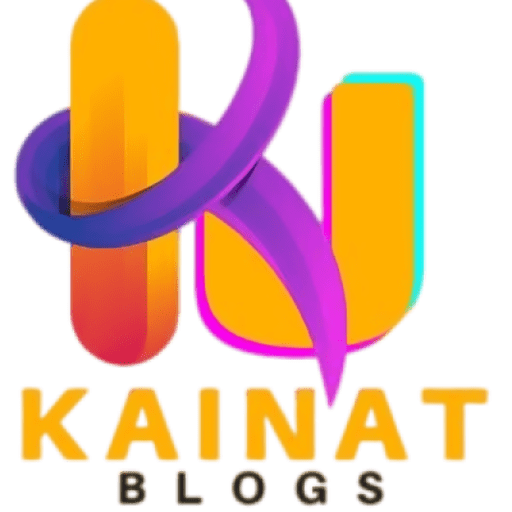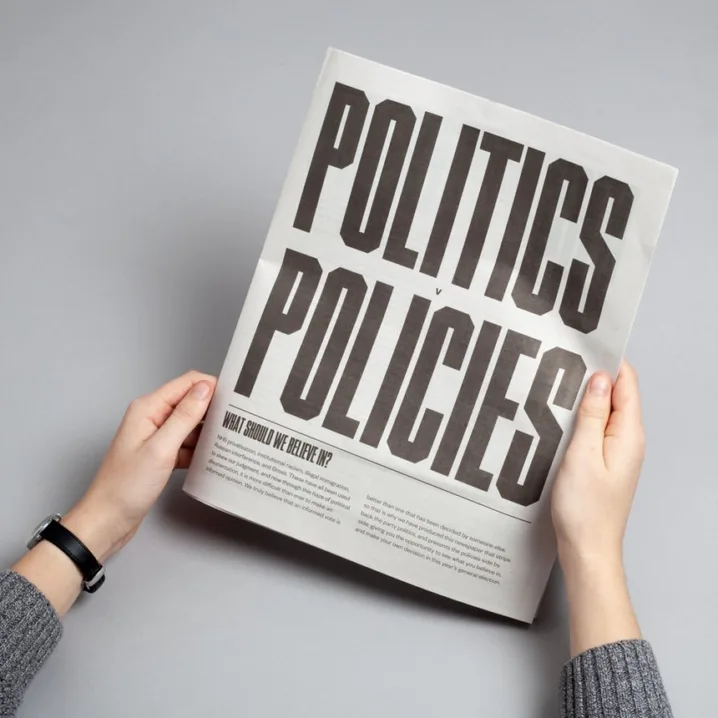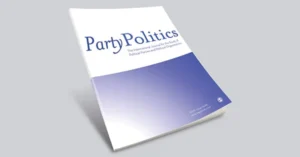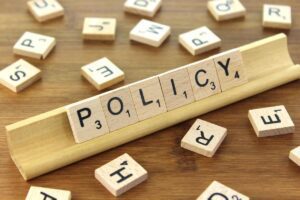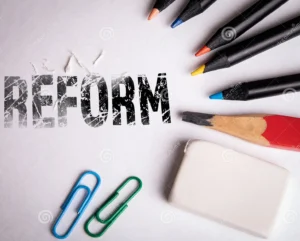Introduction

Setting the Stage:
Why do New Policies Matter? New policies play a vital characteristic in shaping the path and effectiveness of governance in modern-day societies. They are essential gear for addressing rising traumatic situations, responding to societal wishes, and achieving favored results. By introducing progressive techniques and solutions, new suggestions have the potential to pressure first-rate change, promote social development, and improve the well-being of citizens. Therefore, understanding the importance of new policies is important for ensuring powerful governance and fostering sustainable development.
Defining New Policies in Politics
New Policies in Politics check with proposed guides of motion or concepts adopted through governments to cope with specific problems or obtain unique objectives. These New Policies in Politics constitute the collective decisions and priorities of policymakers in response to converting situations, public demands, and political agendas. New regulations can encompass a huge variety of regions, which include financial, social, environmental, and overseas affairs, reflecting the numerous demanding situations and possibilities facing contemporary societies.
cccc
The Evolution of Policy Making
Historical Context:
Shaping Modern Governance Policy making has evolved through the years in response to converting societal wishes, political ideologies, and technological advancements. Throughout history, governments have advanced guidelines to modify society, promote financial prosperity, and address urgent social issues. The ancient context of coverage-making presents insights into the origins of cutting-edge governance systems and practices, highlighting the effect of past occasions, philosophies, and institutions on modern policy improvement.
Factors Driving Policy Change
Unpacking the Dynamics of Policy Implementation
From Proposal to Practice: Understanding the Process
This entails comprehending the journey a New Policy in Politics undergoes from its conceptualization as an offer to its sensible implementation. It encompasses tiers along with research, drafting, assessment, debate, approval, and execution. Effective policy implementation calls for clear communication, coordination amongst stakeholders, aid allocation, and ongoing assessment to ensure successful effects.
Key Stakeholders in Policy Implementation
Key stakeholders in coverage implementation include authorities businesses, legislators, regulatory bodies, advocacy companies, groups, non-income companies, and the overall public. Engaging those stakeholders fosters transparency, duty, and legitimacy, improving the effectiveness and popularity of policies.
Exploring the Influence of New Policies
Socio-Economic Impact
Effects on Employment and Labour Market

New rules can affect employment and the hard work market by influencing job creation, group of workers’ participation, wages, and running conditions. New Policies in Politics may also stimulate activity growth through financial stimulus or impact exertions dynamics via regulatory adjustments.
Implications for Economic Growth and Stability

New rules can affect employment and the hard work market by influencing job creation, group of workers’ participation, wages, and running conditions. New Policies in Politics may also stimulate activity growth through financial stimulus or impact exertions dynamics via regulatory adjustments.
Environmental Ramifications
Addressing Climate Change and Sustainability
New Policies in Politics aimed at addressing climate trade and selling sustainability can include measures to reduce greenhouse gasoline emissions, transition to renewable electricity assets, and promote conservation and sustainable land use practices.
Impact on Natural Resource Management
New Policies in Politics concerning herbal resource control will have effects on environmental conservation, atmosphere fitness, and human well-being. They can also regulate sports such as land use, water control, forestry, and agriculture to sell sustainable practices and guard ecosystems.
cccc
Assessing the Role of Technology in Policy Making
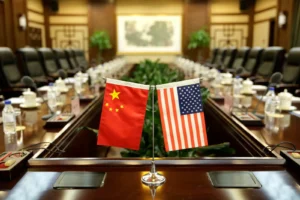
Leveraging Innovation for Policy Development
The development of the era affords possibilities for policymakers to enhance the coverage development procedure. By leveraging modern gear and procedures, inclusive of statistics analytics, predictive modeling, and artificial intelligence, policymakers can examine complicated issues greater correctly, perceive traits, and forecast potential consequences. Technology additionally enables more transparency and citizen engagement through online structures, crowdsourcing, and digital comments mechanisms, facilitating collaboration among authorities corporations, stakeholders, and the general public in the New Policies in Politics policy-making system.
Challenges and Opportunities in Technological Integration
While the era offers several advantages for coverage making, it also affords demanding situations that ought to be addressed. These challenges include worries about information privacy, cybersecurity, virtual fairness, and algorithmic bias. Additionally, the rapid pace of technological alternatives can pose challenges for policymakers in maintaining pace with evolving technologies and their implications for governance. However, with the aid of embracing technological integration responsibly, policymakers can harness the power of technology to improve performance, transparency, and effectiveness in coverage development and implementation.
cccc
Addressing Globalization in Policy Formation

International Relations and Diplomatic Considerations
Globalization has converted the landscape of worldwide family members, necessitating a coordinated technique to policy formation that takes into consideration diplomatic concerns and go-border cooperation. New Policies in Politics Policymakers must navigate complicated geopolitical dynamics, negotiate worldwide agreements, and collaborate with overseas opposite numbers to address international demanding situations inclusive of weather exchange, exchange, security, and public health. Effective diplomacy and multilateralism are vital for selling peace, stability, and prosperity in an interconnected international.
Navigating Transnational Challenges
Globalization has also brought about transnational demanding situations that require collective movement and coverage responses throughout borders. These demanding situations include problems such as terrorism, cybercrime, infectious sicknesses, environmental degradation, and refugee crises. Policymakers have to paintings collaboratively with global organizations, non-governmental agencies, and other stakeholders to expand powerful techniques for addressing those complex challenges. By fostering cooperation and harmony on a worldwide scale, policymakers can mitigate the effect of transnational threats and sell shared prosperity and safety.
Policy Advocacy and Civic Engagement
The Power of Grassroots Movements
Grassroots movements play a significant position in shaping coverage agendas, elevating focus approximately social troubles, and advocating for trade. By mobilizing grassroots aid, individuals and communities can amplify their voices, influence decision-makers, and maintain authorities accountable. Grassroots actions regularly advocate for marginalized groups, environmental protection, human rights, and social justice, using policy alternatives from the lowest up.
Tools for Effective Advocacy
In the present day digital age, advocates have the right of entry to a huge variety of tools and assets to extend their voices and improve their causes. These gear consist of social media structures, online petitions, advocacy campaigns, and network organizing techniques. Digital advocacy permits individuals and businesses to attain a broader target audience, mobilize support, and interact with policymakers in actual time. By harnessing the strength of the era and social media, advocates can leverage their effect to form public opinion, influence policy selections, and power high-quality trade in society.
